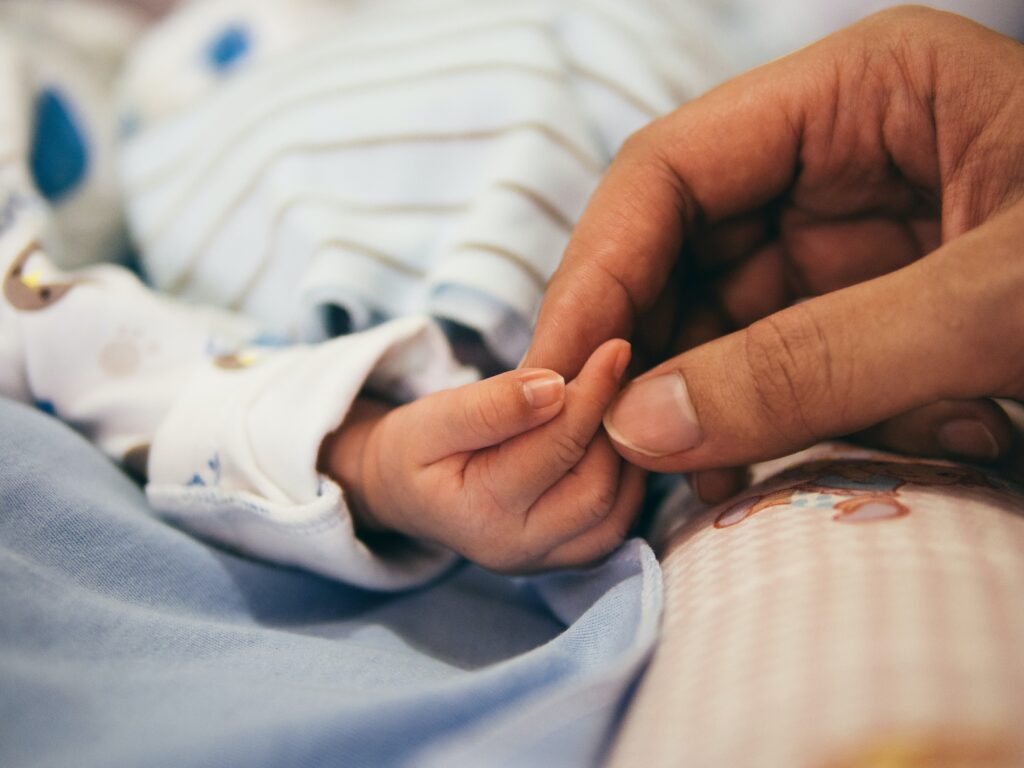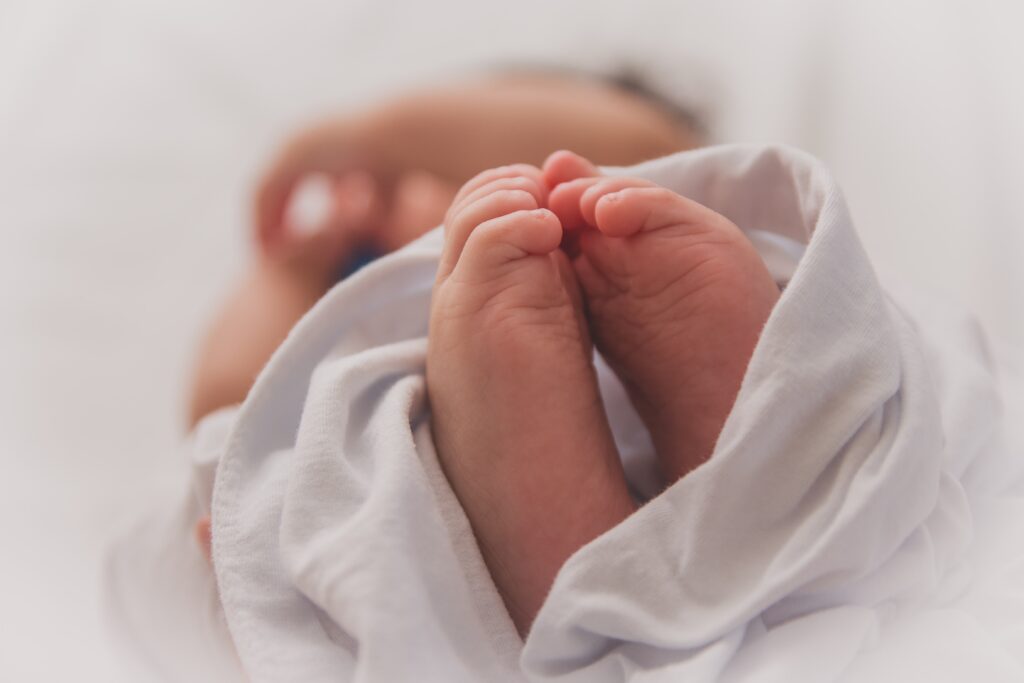Compensated surrogacy is now legal in New York
Victoria Ferrara explains what the new Child Parent Security Act means for LGBTQ+ couples.
Good news for LGBTQ+ couples residing in New York State who want to start a family. Starting February 15, 2021, paid gestational surrogacy will be legal in the Empire State.
Passed in 2020, NY’s Child Parent Security Act (CPSA) allows for compensated gestational surrogacy, a practice that had been banned by an existing statute which declared compensated surrogacy contracts “void and unenforceable.” Beginning in mid-February, the legislation will establish a legal framework for “surrogacy contracts,” to be made valid in New York. In addition, CPSA allows for legal parents to be clearly defined even when a child is conceived via reproductive technology.
Ironically, for a legislative body known for its liberal politics, New York is one of the few states in the nation still outlawing compensated surrogacy – the other holdouts being Michigan, Nebraska, and Louisiana. The ban in New York originated in 1993, in response to neighboring New Jersey’s “Baby M” case in which a paid genetic (traditional) surrogate decided to keep the child causing custody litigation between the intended parents and the birth mother/surrogate. The case sparked a national debate. New York decided to enact law that penalized gestational surrogacy contracts as an expedient way to circumvent the larger legal questions and stave off future instances.

A lot has changed since 1993. Medical advances in in vitro fertilization technology and societal changes that have allowed same-sex couples to legally marry have called for a re-evaluation of NY’s past knee-jerk legislation, a law that’s prohibiting New York LGBTQ+ parents from Connecticut with a woman in New York as their surrogate to start a family.
Fortunately, this all changed when New York Governor Andrew M. Cuomo revealed the 16th proposal of his 2020 State of the State Agenda. In it, he called for the archaic ban to be lifted, commenting, “New York’s surrogacy ban is based in fear not love, and it’s past time we updated our antiquated laws to help LGBTQ couples and people struggling with fertility use commonplace reproductive technology to start families.” Towards that end, he appointed his Task Force on Life and The Law to take on the challenge, and the result has been the CPSA legislation.
The legislation provides an innovative ethical framework for gestational surrogacy in that it provides protections for all parties in the transaction, including the child. These provisions have been vetted as “best practices” that have worked well so far in other states.
For the gestational carriers, CPSA provides a “Surrogates Bill of Right” which, among other things, gives surrogates the sole right to make all health and welfare decisions regarding themselves or their pregnancy including, for instance, to have the child naturally or by Cesarean Section. It also calls for the surrogate to have legal representation and health insurance policies of their choice, the costs of which will be footed by the Intended Parents.
For the Intended Parents, CPSA assures a legally recognized relationship between intended parents and their child from the moment of birth. This is huge, especially for LGBTQ+ parents whose “legitimacy” as parents has been called into question by courts in the past. While many LGBTQ+ non-genetic parents must still adopt their spouse’s genetic child to fully establish their parental rights, the NY law provides for a Judgment of Parentage that alleviates the need for this requirement. This additionally establishes legally-binding financial and parental responsibility for the health and welfare of the child.
Of course, there are several conditions that apply with this new act, most significantly that at least one of the Intended Parents must reside in the state. But overall this is incredibly positive news for same-sex couples who want to start a family, have a surrogate who lives near them, and still work and live in the great state of New York.
What are the first steps for an LGBTQ+ couple looking to start a family in New York? Experience legal representation by a lawyer and an agency that specializes in assisted reproduction law is a must. While the CPSA is cause for celebration and offers welcome protections to all parties, the legal issues involved in compensated surrogacy are still complicated ones that need to be managed by reliable counsel so that the entire process goes smoothly.
Every loving couple deserves the gift of starting a family. Thanks to thoughtful and progressive legislation like New York’s CPSA, that dream is coming true for more members of the LGBTQ+ community than ever before.
About the author
Victoria Ferrara is the Founder & Legal Director of Worldwide Surrogacy. She has practiced in the courts of Connecticut and New York for the past thirty years. Victoria has remained on the cutting edge of assisted reproductive law issues, representing clients in LGBT-related law proceedings and surrogacy arrangements. One of her greatest achievements is the landmark decision of Raftopol v. Ramey, a Supreme Court case that established a new way to determine legal parentage in Connecticut. Victoria has published numerous articles and lectured and presented as a panelist in surrogacy conferences throughout the world.






